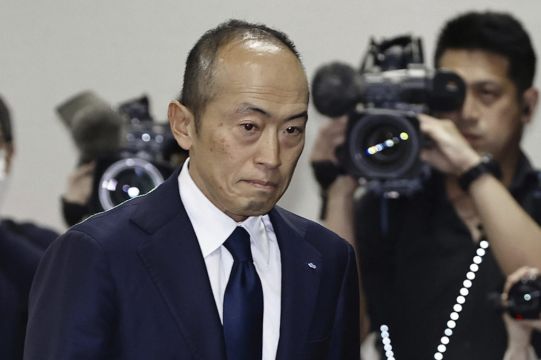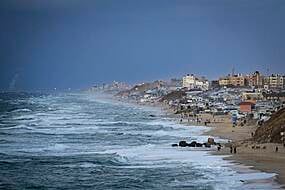In the week since a line of Japanese health supplements began being recalled, five people have died and more than 100 people were in hospital as of Friday.
Osaka-based Kobayashi Pharmaceutical Co came under fire for not going public quickly with problems known internally as early as January.
The first public announcement came on March 22nd.
Company officials said 114 people were being treated in hospitals after taking products, including Benikoji Choleste Help meant to lower cholesterol, that contain an ingredient called benikoji, a red species of mould.
Earlier in the week, the number of deaths stood at two people.
Some people developed kidney problems after taking the supplements, but the exact cause was still under investigation in co-operation with government laboratories, according to the manufacturer.
“We apologise deeply,” President Akihiro Kobayashi told reporters on Friday, bowing for a long time to emphasise the apology alongside three other top company officials.
He expressed remorse to those who have died and have been sickened, and to their families. He also apologised for the troubles caused to the entire health food industry and the medical profession, adding that the company was working to prevent further damage and improve crisis management.
The company’s products have been recalled — as have dozens of other products that contain benikoji, including miso paste, crackers and a vinegar dressing.
Japan’s health ministry put up a list on its official site of all the recalled products, including some that use benikoji for food colouring.
The ministry warned the deaths could keep growing. The supplements could be bought at drug stores without a prescription from a doctor, and some may have been purchased or exported before the recall, including by tourists who may not be aware of the health risks.
Kobayashi Pharmaceutical had been selling benikoji products for years, with a million packages sold over the past three fiscal years, but a problem crept up with the supplements produced in 2023.
Kobayashi Pharmaceutical said it produced 18.5 tons of benikoji last year.
Some analysts blame the recent deregulation initiatives, which simplified and sped up approval for health products to spur economic growth.







